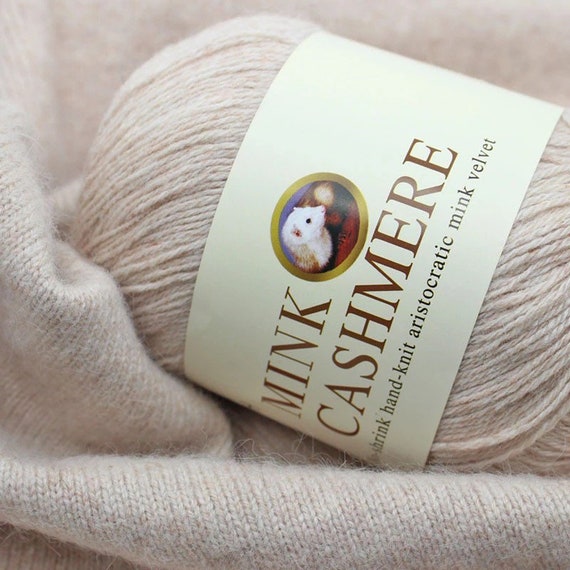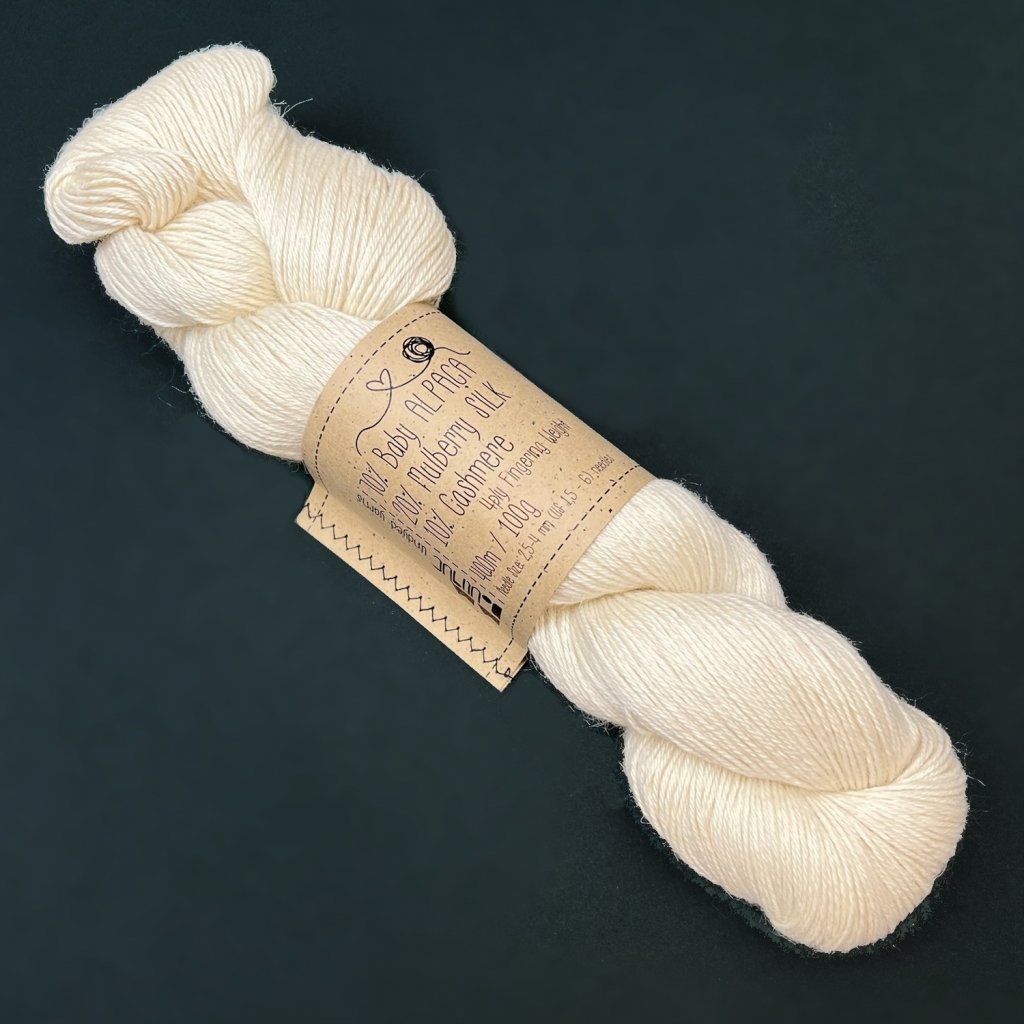Understanding the Special Qualities of cashmere fibre for Superior Comfort
Understanding the Special Qualities of cashmere fibre for Superior Comfort
Blog Article
Comprehending the Different Kinds of Cashmere a Natural Fiber and Their One-of-a-kind Benefits

The Origins of Cashmere: A Historic Overview
While the elegant touch of cashmere remains to appeal modern consumers, its beginnings trace back to the severe, cool climates of Mongolia and the Mountain ranges. For centuries, the native individuals of these areas have been increasing Capra Hircus goats, the prime resource of cashmere woollen. These goats, resilient against the serious winters months, expanded a fine undercoat to survive, which later ended up being called cashmere. The name itself admires Kashmir, a region in India where the wool was at first processed. Much of the early cashmere trade path was promoted by the Silk Roadway, attaching Asia with the Middle East and Europe. Despite its worldwide spread, the finest cashmere is still believed to originate from the original regions of Mongolia and the Himalayas.

The Production Process: From Goat to Garment
Shearing a Capra Hircus goat notes the inception of the complex cashmere manufacturing process. This delicate treatment generally happens yearly throughout spring. The fine, soft undercoat is then separated from the coarser external hair, a procedure referred to as dehairing. The resultant raw cashmere is then washed to eliminate pollutants such as vegetable, grease, and dirt matter.
The clean fiber goes through dyeing, spinning, and weaving, or knitting, to transform it into a fabric. Complicated treatments like quality assurance checks and ending up procedures adhere to, making certain completion item preserves the lavish criterion anticipated of cashmere. This meticulous process, from goat to garment, validates the high expense connected to cashmere products, making them a symbol of luxury and improvement.
The Different Kinds Of Cashmere: A Thorough Analysis

The One-of-a-kind Benefits of Cashmere: Comfort and Sustainability
Moving from the range of cashmere kinds to the advantages they offer, comfort and sustainability stick out plainly. Cashmere, an all-natural fiber, is renowned for its unrivaled gentleness, supplying a degree of convenience that synthetic fibers can't match. The material's lightness, yet remarkable heat retention, makes it perfect for all seasons. Additionally, cashmere's natural elasticity enables it to return to its original shape, making it resistant to stretching or shrinking.
When it comes to sustainability, cashmere is biodegradable and renewable, as it's collected from cashmere goats that regrow their coats annually. what wikipedia reference is cashmere. Unlike artificial fibers which can take centuries to disintegrate, cashmere's impact on the environment is marginal. This combination of comfort and sustainability makes cashmere a beneficial selection for mindful consumers

Caring for Your Cashmere: Maintenance and Conservation Tips
While cashmere is most certainly a elegant and sustainable selection, it calls for details treatment to keep its top quality and expand its life-span. To begin, cashmere should be hand washed making use of cold water and a mild detergent. Cashmere items ought to be kept in a great and completely dry area, away from straight sunshine and dampness.
Buying Cashmere: Understanding Its Value and Well Worth
Although cashmere might originally appear like a costly investment, its long-lasting value and worth become evident when you consider its remarkable top qualities. Recognized for its unparalleled soft qualities and heat, cashmere is a premium natural fiber that outperforms various other products. Its high demand and limited supply add to its high cost, however its resilience guarantees it lasts for several years, using exceptional value for cash. Cashmere pieces are timeless, usually coming to be treasures passed down via generations. what is cashmere. Its all-natural insulating properties supply warmth without the mass of synthetic fibers. Spending in cashmere, as a result, is not just regarding current style trends, however regarding accepting a sustainable, resilient, and extravagant way of life.
Conclusion
In recap, the kind of cashmere one chooses, be it Mongolian, Chinese, or Italian, is dictated by private choices for heat, sustainability, budget, and deluxe. The worth of cashmere expands past its price, with comfort and durability contributing to its well worth. Correct treatment and upkeep can guarantee its conservation. Therefore, understanding the origins, production process, and special advantages of different types of cashmere can assist consumers in their investment in this extravagant all-natural fiber.
Whether it's the phenomenal heat of Mongolian cashmere, helpful site the cost of Chinese cashmere, or the eco-conscious production of Italian cashmere, there's a tale to be uncovered behind each fiber kind. Cashmere, a natural fiber, is renowned for its unrivaled soft qualities, supplying a level of convenience that synthetic fibers can not match.When it comes to sustainability, cashmere is eco-friendly and sustainable, as it's gathered from cashmere goats that regrow their coats each year. Understood for its exceptional soft qualities and warmth, cashmere is a costs natural fiber that outperforms various other products. Comprehending the beginnings, production procedure, and distinct advantages of different types of cashmere can lead customers in their investment More Info in this lavish natural fiber.
Report this page